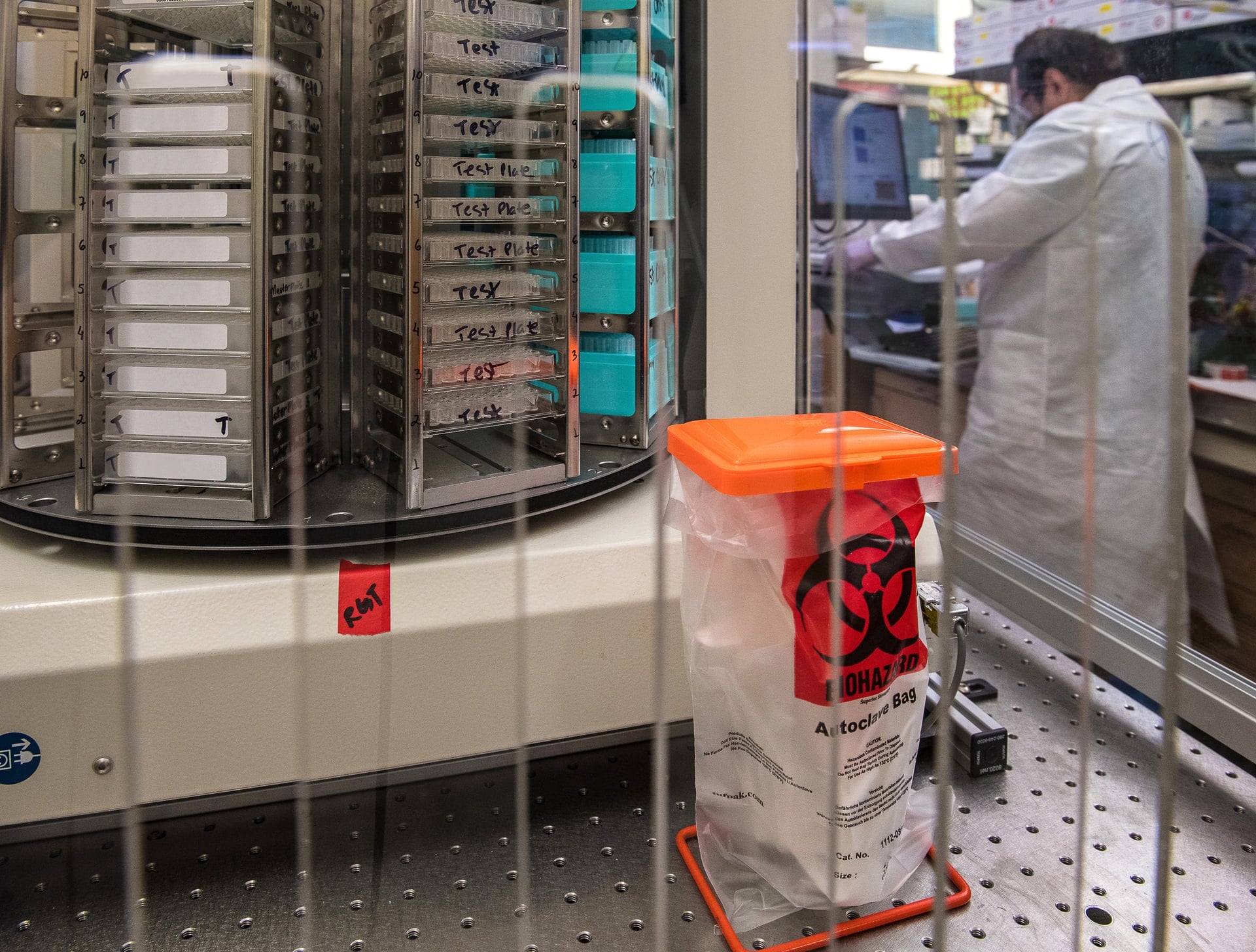Quality plays a pivotal role in the success of any business. Delays in delivery are often caused by products not meeting the mandated quality standards. Failure to meet quality standards can have grave implications on the production environment and the company's public image.
According to a report, in 2018, 73 drugs were subjected to FDA recalls, market withdrawals, and safety alerts. The results of sending out sub-standard products to the market can be catastrophic, and the damage caused could be irreparable.
Companies that have embraced modern-day quality control management by supporting technology initiatives seem to be finding success. There are plenty of life science software solutions now available in the market that allow automation of these key processes. Along with the automation of business processes and operations, software tools are now embedded with functionalities that check compliance with various regulations. One such example is ensuring SOX compliance in the pharmaceutical industry.
With an evolving definition of quality due to changing business dynamics, particularly in a highly regulated industry such as pharmaceuticals, it is imperative that companies keep improving their quality control management to be as up-to-date as possible. Let's look at how this can be done.
Explore SAP ERP Solutions for the Pharmaceutical Industry
Quality Control; A Cornerstone Of The Pharmaceutical Industry
Quality control is of crucial importance in the pharmaceutical industry. Besides having to meet strict local and international regulations, along with quality standards for products manufactured for human consumption, there are many reasons why quality control is the cornerstone of this industry.
For example, the quality of raw materials used in manufacturing has to meet specific standards along with the condition of the manufacturing equipment and processes.
Additionally, the manufacturing environment must meet extremely high specifications. All of these activities need well-trained, qualified personnel to oversee the plant and production.
Consequently, an error in any of these areas could amount to a loss of profits and paying out additional costs. Therefore, the pharmaceutical industry must ensure it has a secure handle on quality control.
What Does A Quality Control Department Do?
In order to improve processes within a department, one must first understand its main activities. Typical activities of the Quality Control department include:
- Management of Quality Control Tests
- Management of Quality control specialists and their workloads
- Allocation and calibration of testing equipment
- Establishing appropriate testing procedures
- Maintaining effective documentation
- Recording all the results accurately
Following up on these activities involves analyzing trends and quality data, in addition to running stability tests on batches. This is just a quick, simplified overview, and in reality, each of the listed activities above has multiple details involved.
Along with diligently keeping up with these activities, pharmaceutical companies must also take into account the various healthcare reforms, changing customer needs, and administrative requirements, along with rising competition and evolving market trends.
Considering these challenges, there is a dire need for streamlining processes, optimizing operations, and maximizing efficiency to deliver quality products at a reduced cost.
This is where ERP emerges as a system that controls, connects, and integrates all the departments and internal processes, while automating key functions such as planning, procurement, inventory, production, and distribution. Handling these processes with precision ultimately reflects on how well a company maintains its quality standards.
Ways To Improve Quality Control
By combining operational excellence with data-driven insight and powerful leadership practices, quality control departments can achieve productivity improvements of 15% to 20% or more. It's not about working harder, rather it’s about working smarter with more efficient automation. The following are some of the ways in which pharmaceutical companies can improve their quality control processes.
- Protecting data integrity and regulatory compliance by switching to electronic data recording and maintenance. This not only minimizes error and duplication but also ensures that all the test results and compliance documents are ready as soon as the batch is finished.
- Reducing paper and simplifying operational workflows by using the latest technology.
- Efficient document management allows the organization to centralize documents into a secure repository that is seamlessly accessible. While enabling quicker decision-making and effective change management, it also helps ensure visibility of documents and enhances traceability by tracking amendments and document safety with revision control features.
- Integrating all the technology within the production environment into a single monitoring system provides improved analysis and data representation to gain better insights into systems and how to improve them.
- Incorporating a structured quality management system can help manage all records and workflows in a certain order that may eventually improve overall product quality.
- An automated unified platform also allows an organization to address non-conformance on the go, as all the information from logs, to complaints, to delays are available in one place.
Final Takeaway
For most pharmaceutical companies, quality control is no longer an afterthought. Companies that have evolved to modern, automated quality control systems are able to empower their workforce to rapidly adopt process improvements and optimize all functions in the department to ensure that their product is of the highest quality.







